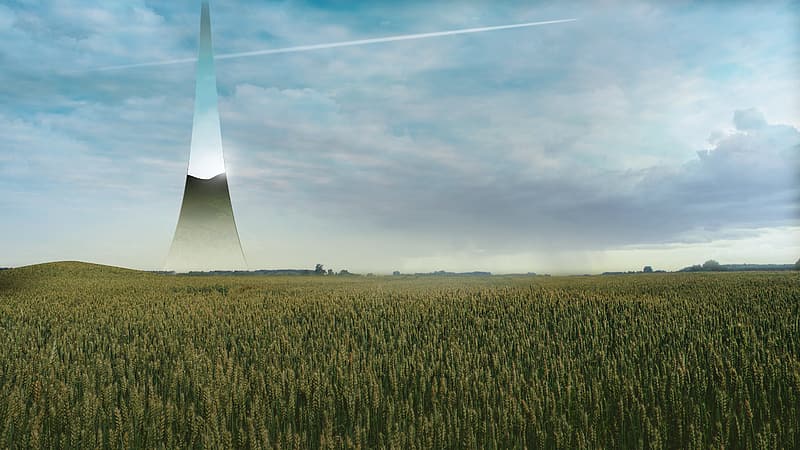Agriculture plays a key role for both economic development and security for our civilization and many times is linked to new technologies, mainly related to the use of artificial intelligence.
How can we actually deal with it?
If our horizon was short-term, we would have to admit that collecting from crops daily data, later analysed and processed by a machine, which will independently take operative decisions on growing procedures, would look like a bright (even if quite obvious now) idea of tomorrow.
But what if our horizon was on the day after tomorrow?
Many people argue that our civilization’s depressed chances of survival only lie in the colonization of other planets (or, at least, we should say this looks like the less violent and bloody among the possibilities). So why still thinking of earth and harvesting crops in the era of space colonization? We could boldly affirm that there’s no need to cultivate the earth for a humankind that has no earth. First things first, we should talk more about food production and less about agriculture: traditional livestock, crops and fish farming will become obsolete and disappear due to the lack of resources and land.
If world’s population is assumed to be nearly 10 billion by 2050, with far more demanding requests, can food satisfy everybody without having a destructive impact on climate and planet?
Widening our horizon on artificial intelligence, we could easily create a link between all stages of food production/consumption: input – output – transformation – transport – sale – final consumer. All the production chain could adapt and relocate its best resources to match consumers’ requests regarding volumes and attributes, instantly reducing food waste and loss as well (which still count as 30% of global production). Metropolis age, tens of millions of inhabitants each, will require food production on site, almost impossible to manage effectively without the help of dedicated automated workflows.
In the end, if food is energy, why can’t we transform in the easiest and cheapest form for us to absorb and reuse? The future of agriculture may not involve agriculture at all.
To deepen the topic:
https://www.sciencedirect.com/science/article/pii/S258972172030012X
https://www.rethinkx.com/food-and-agriculture
https://www.intel.it/content/www/it/it/big-data/article/agriculture-harvests-big-data.html
https://www.globaltimes.cn/content/1174166.shtml
https://pixelplex.io/blog/ai-in-farming-and-agriculture/
https://deepmind.com/blog/article/using-machine-learning-to-accelerate-ecological-research
https://www.sciencedirect.com/science/article/pii/S258972172030012X
https://www.rethinkx.com/food-and-agriculture
https://www.intel.it/content/www/it/it/big-data/article/agriculture-harvests-big-data.html
https://www.globaltimes.cn/content/1174166.shtml
https://pixelplex.io/blog/ai-in-farming-and-agriculture/
https://deepmind.com/blog/article/using-machine-learning-to-accelerate-ecological-research
